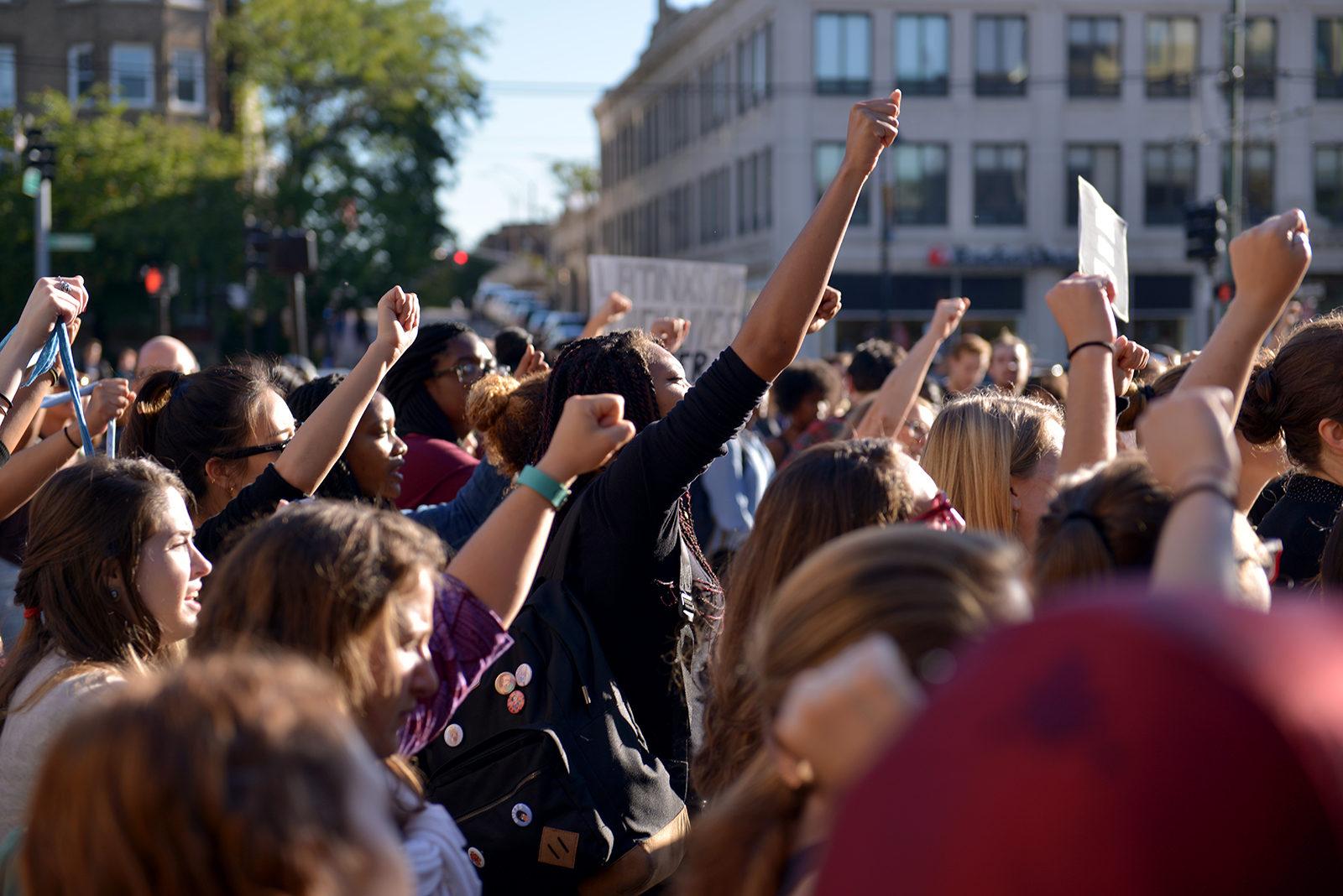
PHOTO BY FANGSHENG FU/ DFP FILE PHOTO
This week, The Boston Globe’s Spotlight Team is publishing a series of articles about racism in Boston. The question the series investigated was a simple one: Is the reputation that Boston has amassed for its racism a deserved one? The answer is even simpler: yes.
On Sunday, their first article was released. Though other articles will delve into specifics: particular fields and neighborhoods where the strongholds of racism are most present and most dangerous, this first article just offered an overview of the problem. It reported on Boston’s image and Boston’s reality, and the racism that is so deeply ingrained into each.
The anecdotes it offered were awful, and the statistics are staggering. The median net worth of non-immigrant African-American households in and around Boston is $8. In colleges, political offices and corporate board rooms, black people are massively underrepresented. For white households, it’s $247,500. And in a survey the Globe conducted this fall, 54 percent of black people reported the city to be unwelcoming.
Here in Boston, we pride ourselves on our progressiveness. But this series made it clear that in at least one way, that progressiveness is severely lacking. It is not possible that we are as great of a city as we like to think we are if black people don’t even feel welcome here. The piece acknowledges that this unwelcomeness can be attributed in part to the relatively small black population here, but a lot of it is just unabashed institutionalized racism.
You cannot add up all of these instances and statistics and find that it equals racism. You also can’t say definitively that Boston is the most racist city in America. But in this massive investigation, you can get an idea of the scope of the problem. And a big part of that problem is how unaware of it we all are.
The Globe asked the same question 34 years ago in 1984, and found the same answer they found now. But somehow, in the time since, as our representation of black people has increased in the media, and as we elected a black man to the highest office in the United States, we forgot how little has changed on our own streets. Some of the statistics on racism the Globe reported in 1984 have not improved in the last three decades, and some have even gotten worse.
Even just in this first article of the series, the Globe has done some great reporting. In the articles that follow, they will probably do a lot more. It’s not mindblowing or groundbreaking to hear just how racist Boston is, but it is something we seem to forget. And that’s the purpose this investigation serves. Because racism, despite how pervasive it is, is also elusive. It’s hard to put our finger on, and decide where it is and how much. But if we don’t quantify racism in those ways, it is that much harder to think about solutions.
The series is doing some seriously incredible journalism. Our one complaint? It should be free. The Globe’s readership is an extremely privileged one, but the subject of racism is not. Sure, the white, liberal people that read the Globe need to hear this, but so does everyone else. The racism in Boston both affects and originates with every class of people in our city — not just the ones who can afford to subscribe to the Globe.
The Globe’s seventh and final article this week will look at solutions. This is probably the most important article of all. Because the racism that exists in Boston is not surface level — it’s deep and complicated and that makes it hard to address. The ubiquitous nature of racism makes it easy to not address at all.
We think of racism as being systematic, as old as Boston itself, almost intrinsic to the city — and it is. But those things need to be motivations for change, not excuses for a lack of it. You can’t solve racism by sitting down one day and deciding not to be racist. You actually have to go out of your way to make a difference. This Globe Spotlight series, true to its name, is going to shine a light on one of the most pervasive problems in Boston. And after that, it’s going to up to us, the people of Boston, to do something about it.